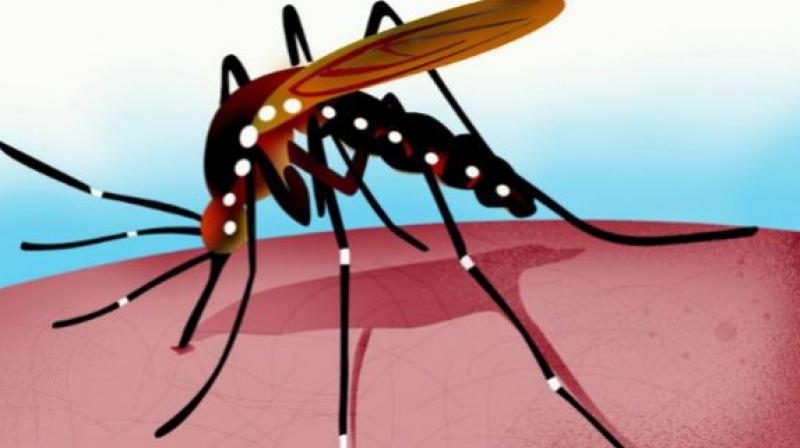Genetically modified mosquitoes the way forward: Dr Bart Knols, vector biologist

Dr Bart Knols, a vector biologist, has devoted his entire career to study mosquitoes and the diseases they transmit, especially malaria and dengue. For 11 years, he managed large-scale research programmes in East and Southern Africa and has served as a consultant for the World Health Organisation. His research was recently used by Discovery Networks for one of their impact document film, ''Mosquito, exclusively''. He has also experimented on his own body to understand mosquitoes better
What made you dedicate so much of your time to the extermination of mosquitoes?
I realised at some point that the impact of mosquitoes on the wellbeing of people around the world is much more dramatic than the impact of tsetse flies and decided to shift my career from studying flies to mosquitoes. I've been doing this for the last 25 years. I lived in Eastern and Southern Africa for 11 years and I contracted malaria nine times myself. I almost lost my wife due to malaria and have seen far too many children die of the deadly disease.
What are the most high-tech methods of killing mosquitoes?
I think there are several approaches that are currently being tested around the world. But I think the most exciting ones at the moment are in the field of molecular and biotechnology, where we are trying to change the genome of the mosquitoes so that it can no longer transmit certain diseases, like malaria or even some of the other diseases like dengue, which is a viral fever. So these new technologies have come on line just in the last four to five years. One of the most popular ones is now becoming the CRISPR/Cas system, where we can do very specific gene editing and genetic modification of the genome of mosquitoes.
Any developments on implementing these on the ground?
Developments in the field are extremely exciting at the moment. Already in the United States and California, they have succeeded in transforming a mosquito in such a way that it can no longer transmit malaria using this CRISPR/Cas system. So, on the field in Africa, at the moment already some preparations are being made. In Burkina Faso in West Africa, they are preparing field sites for the eventual release of these genetically engineered mosquitoes.
Is it good for the environment? What about other animals and vegetation?
You are releasing only genetically modified male mosquitoes. It's only the female mosquitoes that take blood. These male mosquitoes do not take blood and do not get in contact with people. If you release these males in the wild, they will look for females of the same species, and they do not affect other organisms in the environment. With insecticides, I have to go through the streets and start fogging large quantities of chemicals, killing a lot of other insects that are beneficial, like bees or butterflies, besides mosquitoes. The big advantage of releasing genetically-modified mosquitoes is that they will look for their own species and pass on the genes in their own species.

